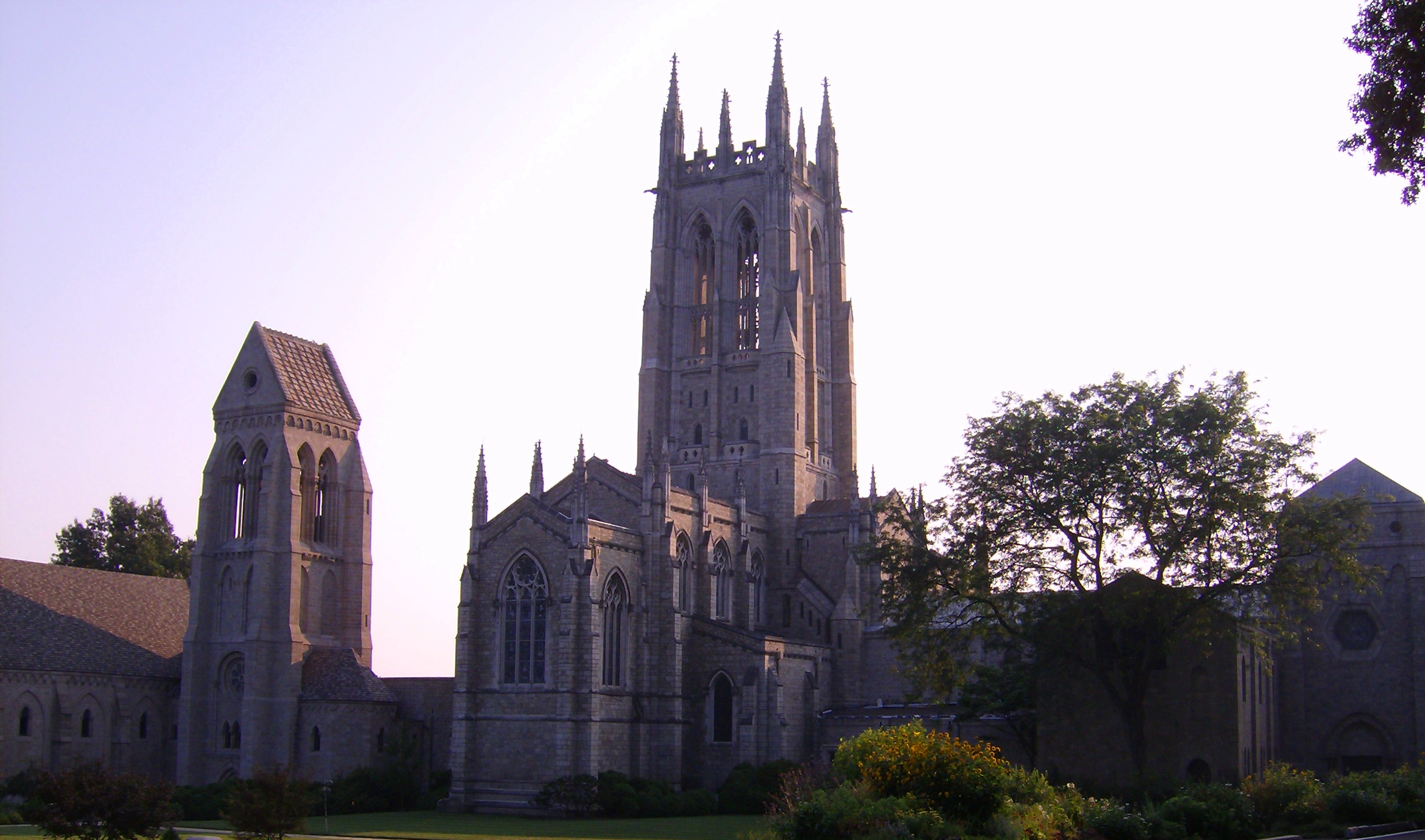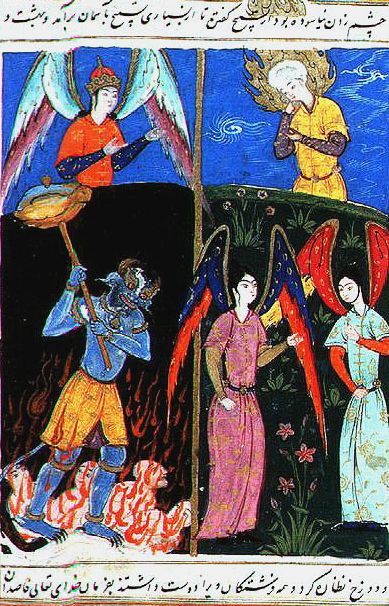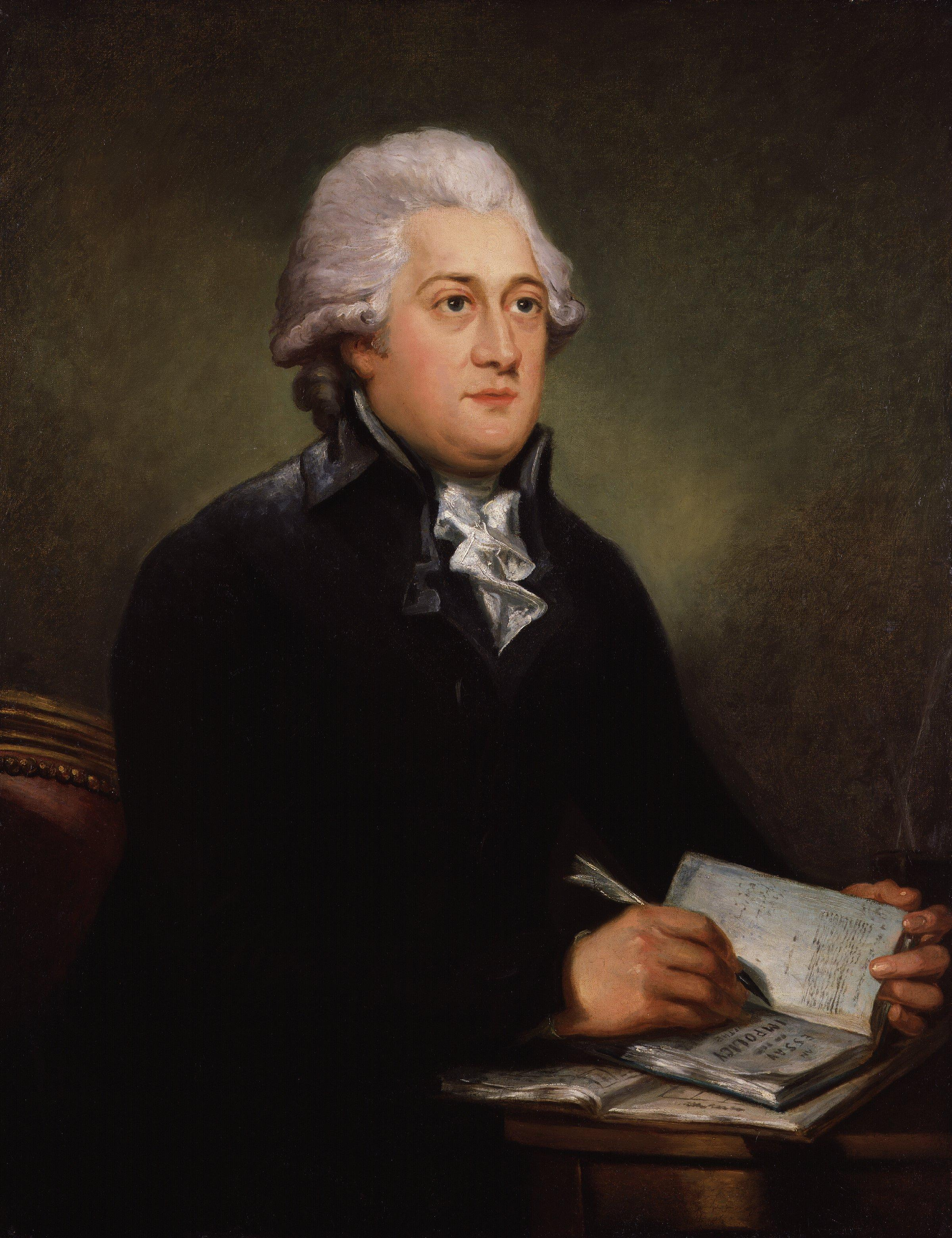|
Swedenborg
Emanuel Swedenborg (; ; born Emanuel Swedberg; (29 January 168829 March 1772) was a Swedish polymath; scientist, engineer, astronomer, anatomist, Christian theologian, philosopher, and mystic. He became best known for his book on the afterlife, ''Heaven and Hell'' (1758). Swedenborg had a prolific career as an inventor and scientist. In 1741, at 53, he entered into a spiritual phase in which he began to experience dreams and visions, notably on Easter Weekend, on 6 April 1744. His experiences culminated in a "spiritual awakening" in which he received a revelation that Jesus Christ had appointed him to write ''The Heavenly Doctrine'' to reform Christianity. According to ''The Heavenly Doctrine'', the Lord had opened Swedenborg's spiritual eyes so that from then on, he could freely visit heaven and hell to converse with angels, demons, and other spirits and that the Last Judgment had already occurred in 1757, the year before the 1758 publication of ''De Nova Hierosolyma et ejus ... [...More Info...] [...Related Items...] OR: [Wikipedia] [Google] [Baidu] |
The New Church (Swedenborgian)
The New Church (or Swedenborgianism) can refer to any of several historically related Christian denominations that developed under the influence of the theology of Emanuel Swedenborg (1688–1772). The Swedenborgian tradition is considered to be a part of Restorationist Christianity. Swedenborg's writings focus on a narrative of Christianity's historical decline due to the loss of the "inner sense" of Scripture into a purely exoteric understanding of faith. In this state, faith and good acts become external displays motivated by fear of hell, desires for material blessings, personal recognition, and other worldly things, devoid of true spiritual essence. Swedenborg also wrote extensively about Salvation through a process of "regeneration" (rather than through faith or acts alone), wherein individuals accept divine truth from the Lord into their "inner self" (or higher faculties), controlling the "outer" (or earthly) self by placing their highest love in goodness and truth rat ... [...More Info...] [...Related Items...] OR: [Wikipedia] [Google] [Baidu] |
Heaven And Hell (Swedenborg)
''Heaven and Hell'' (also ''Heaven and its Wonders and Hell From Things Heard and Seen'' or, in ) is a book written by Emanuel Swedenborg in Latin, published in 1758. It gives a detailed description of the afterlife; how people live after the death of the physical body. The book owes its popular appeal to that subject matter. Introduction An article about Swedenborg includes a list of biographies about him, with a brief analysis of each biographer's point of view. Some of the things he claims to have experienced are that there are Jews, Muslims and people of pre-Christian times (" pagans" such as Romans and Greeks) in Heaven. He says he spoke to married angel couples from the Golden Age who had been happy in heaven for thousands of years. The fundamental issue of life, he says, is that love of self or of the world drives one towards Hell, and love of God and of fellow beings drives one towards Heaven. The work proved to be influential. It has been translated into a number of l ... [...More Info...] [...Related Items...] OR: [Wikipedia] [Google] [Baidu] |
Correspondence (theology)
Correspondence is a relationship between two levels of existence. The term was coined by the 18th-century theologian Emanuel Swedenborg in his '' Arcana Cœlestia'' (1749–1756), '' Heaven and Hell'' (1758) and other works. Swedenborg Definition In the terminology of Swedenborg's revelation, “correspondence” is a basic relationship found between two levels of existence. Thus, for instance, light corresponds to wisdom because wisdom enlightens the mind as light enlightens the eye. Warmth corresponds to love because love warms the mind as heat does the body. Swedenborg says that the Word (Bible The Bible is a collection of religious texts that are central to Christianity and Judaism, and esteemed in other Abrahamic religions such as Islam. The Bible is an anthology (a compilation of texts of a variety of forms) originally writt ...) was written by God entirely according to correspondences so that within its natural laws and histories every detail describes the sp ... [...More Info...] [...Related Items...] OR: [Wikipedia] [Google] [Baidu] |
Arcana Cœlestia
The ''Arcana Cœlestia, quae in Scriptura Sacra seu Verbo Domini sunt, detecta'', usually abbreviated as ''Arcana Cœlestia'' (''Heavenly Mysteries'' or ''Secrets of Heaven'') or ''Arcana Cælestia'', is an 8-volume theological work published by Emanuel Swedenborg in the 1750s. Overview Swedenborg was born in Sweden in 1688. His father was a Christian pastor in the Lutheran Church. The first part of his life was devoted to studying sciences, especially metallurgy. In 1740 he published ''Oeconomia Regni Animalis'' (Dynamics of the Soul's Domain), where he looked at connections between the spiritual and physical worlds. In 1744 he underwent a spiritual awakening and started to record his experiences and visions. ''Arcana Cœlestia'' was his first theological publication. It was published in London, partly to avoid Swedish anti-heresy laws. Structure The publication is a spiritual interpretation of Genesis and Exodus (the first two books of the Bible), according to the doctrine ... [...More Info...] [...Related Items...] OR: [Wikipedia] [Google] [Baidu] |
Hell
In religion and folklore, hell is a location or state in the afterlife in which souls are subjected to punishment after death. Religions with a linear divine history sometimes depict hells as eternal destinations, such as Christianity and Islam, whereas religions with reincarnation usually depict a hell as an intermediary period between incarnations, as is the case in the Indian religions. Religions typically locate hell in another dimension or under Earth's surface. Other afterlife destinations include heaven, paradise, purgatory, limbo, and the underworld. Other religions, which do not conceive of the afterlife as a place of punishment or reward, merely describe an abode of the dead, the grave, a neutral place that is located under the surface of Earth (for example, see Kur, Hades, and Sheol). Such places are sometimes equated with the English word ''hell'', though a more correct translation would be "underworld" or "world of the dead". The ancient Mesopotamian, Greek, ... [...More Info...] [...Related Items...] OR: [Wikipedia] [Google] [Baidu] |
Last Judgment
The Last Judgment is a concept found across the Abrahamic religions and the '' Frashokereti'' of Zoroastrianism. Christianity considers the Second Coming of Jesus Christ to entail the final judgment by God of all people who have ever lived, resulting in the salvation of a few and the damnation of many. Some Christian denominations believe most people will be saved, some believe most people will be damned, and some believe the number of the saved and of the damned is unknown. The concept of the Last Judgment is found in all the canonical gospels, particularly in the Gospel of Matthew. The Christian tradition is also followed by Islam, where it is mentioned in many chapters of the Quran, according to some interpretations. The Last Judgment has inspired numerous artistic depictions, including painting, sculpture and evangelical work. In Judaism In Judaism, beliefs vary. Rosh HaShanah is sometimes referred to as a 'day of judgement', but it is not conceptualized as ''the'' Day ... [...More Info...] [...Related Items...] OR: [Wikipedia] [Google] [Baidu] |
Afterlife
The afterlife or life after death is a purported existence in which the essential part of an individual's Stream of consciousness (psychology), stream of consciousness or Personal identity, identity continues to exist after the death of their physical body. The surviving essential aspect varies between belief systems; it may be some partial element, or the entire soul or spirit, which carries with it one's personal identity. In some views, this continued existence takes place in a Supernatural, spiritual realm, while in others, the individual may be reborn into World#Religion, this world and begin the life cycle over again in a process referred to as reincarnation, likely with no memory of what they have done in the past. In this latter view, such rebirths and deaths may take place over and over again continuously until the individual gains entry to a spiritual realm or otherworld. Major views on the afterlife derive from religion, Western esotericism, esotericism, and metaphy ... [...More Info...] [...Related Items...] OR: [Wikipedia] [Google] [Baidu] |
Christianity
Christianity is an Abrahamic monotheistic religion, which states that Jesus in Christianity, Jesus is the Son of God (Christianity), Son of God and Resurrection of Jesus, rose from the dead after his Crucifixion of Jesus, crucifixion, whose coming as the Messiah#Christianity, messiah (Christ (title), Christ) was Old Testament messianic prophecies quoted in the New Testament, prophesied in the Old Testament and chronicled in the New Testament. It is the Major religious groups, world's largest and most widespread religion with over 2.3 billion followers, comprising around 28.8% of the world population. Its adherents, known as Christians, are estimated to make up a majority of the population in Christianity by country, 157 countries and territories. Christianity remains Christian culture, culturally diverse in its Western Christianity, Western and Eastern Christianity, Eastern branches, and doctrinally diverse concerning Justification (theology), justification and the natur ... [...More Info...] [...Related Items...] OR: [Wikipedia] [Google] [Baidu] |
Second Coming
The Second Coming (sometimes called the Second Advent or the Parousia) is the Christianity, Christian and Islam, Islamic belief that Jesus, Jesus Christ will return to Earth after his Ascension of Jesus, ascension to Heaven (Christianity), Heaven (which is said to have occurred about two thousand years ago). The idea is based on Jesus and messianic prophecy, messianic prophecies and is part of most Christian eschatologies. In Islamic eschatology, Jesus in Islam, Jesus (''ʿĪsā ibn Maryam'') is also believed to return in the end times. According to Islamic belief, he will descend from Heaven to defeat the Al-Masih ad-Dajjal, false messiah (''al-Masih ad-Dajjal''), restore justice, and reaffirm monotheism. His return is regarded as one of the Judgement Day in Islam, major signs of the Day of Judgment, and he is viewed as a revered prophet, not divine, in Islamic theology. Other faiths have various interpretations of it. Terminology Several different terms are used to refer ... [...More Info...] [...Related Items...] OR: [Wikipedia] [Google] [Baidu] |
Carl Frederik Von Breda
Carl Frederik von Breda (16 August 1759 – 1 December 1818) was a Swedish painter who studied in and spent much of his career in Britain before becoming painter to the Swedish court. He was born in Stockholm in 1759, and moved to Britain where he was a student of Joshua Reynolds. Breda specialized in painting portraits and was called "the van Dyck of Sweden". He returned to Sweden 1796 where he became professor at the Academy of Arts, a popular portraitist, and a court painter. Breda married at age 22 and his son, Johan Fredrik, was also a painter, who studied under his father. Breda died in Stockholm in 1818. Early life Breda's great-grandfather Pieter emigrated to Stockholm around the year 1670 from the Netherlands. The "von Breda" family name seems to indicate a connection with the city of Breda. ''Von'' is not a Dutch preposition, but in the Nordic countries, this originally German preposition has occasionally been used as a part of names of ennobled families of native or ... [...More Info...] [...Related Items...] OR: [Wikipedia] [Google] [Baidu] |
Mysticism
Mysticism is popularly known as becoming one with God or the Absolute (philosophy), Absolute, but may refer to any kind of Religious ecstasy, ecstasy or altered state of consciousness which is given a religious or Spirituality, spiritual meaning. It may also refer to the attainment of insight in ultimate or hidden truths, and to human transformation supported by various practices and experiences. The term "mysticism" has Ancient Greek origins with various historically determined meanings. Derived from the Greek language, Greek word μύω ''múō'', meaning "to close" or "to conceal", mysticism came to refer to the biblical, liturgical (and sacramental), spiritual, and Christian contemplation, contemplative dimensions of early and medieval Christianity. During the early modern period, the definition of mysticism grew to include a broad range of beliefs and ideologies related to "extraordinary experiences and states of mind". In modern times, "mysticism" has acquired a limited ... [...More Info...] [...Related Items...] OR: [Wikipedia] [Google] [Baidu] |
Uppsala University
Uppsala University (UU) () is a public university, public research university in Uppsala, Sweden. Founded in 1477, it is the List of universities in Sweden, oldest university in Sweden and the Nordic countries still in operation. Initially founded in the 15th century, the university rose to significance during the rise of Swedish Empire, Sweden as a great power at the end of the 16th century and was then given relative financial stability with a large donation from Monarchy of Sweden, King Gustavus Adolphus of Sweden, Gustavus Adolphus in the early 17th century. Uppsala also has an important historical place in Swedish national culture, and national identity, identity for the Swedish establishment: in historiography, religion, literature, politics, and music. Many aspects of Swedish academic culture in general, such as the white student cap, originated in Uppsala. It shares some peculiarities, such as the student nation system, with Lund University and the University of Helsink ... [...More Info...] [...Related Items...] OR: [Wikipedia] [Google] [Baidu] |










